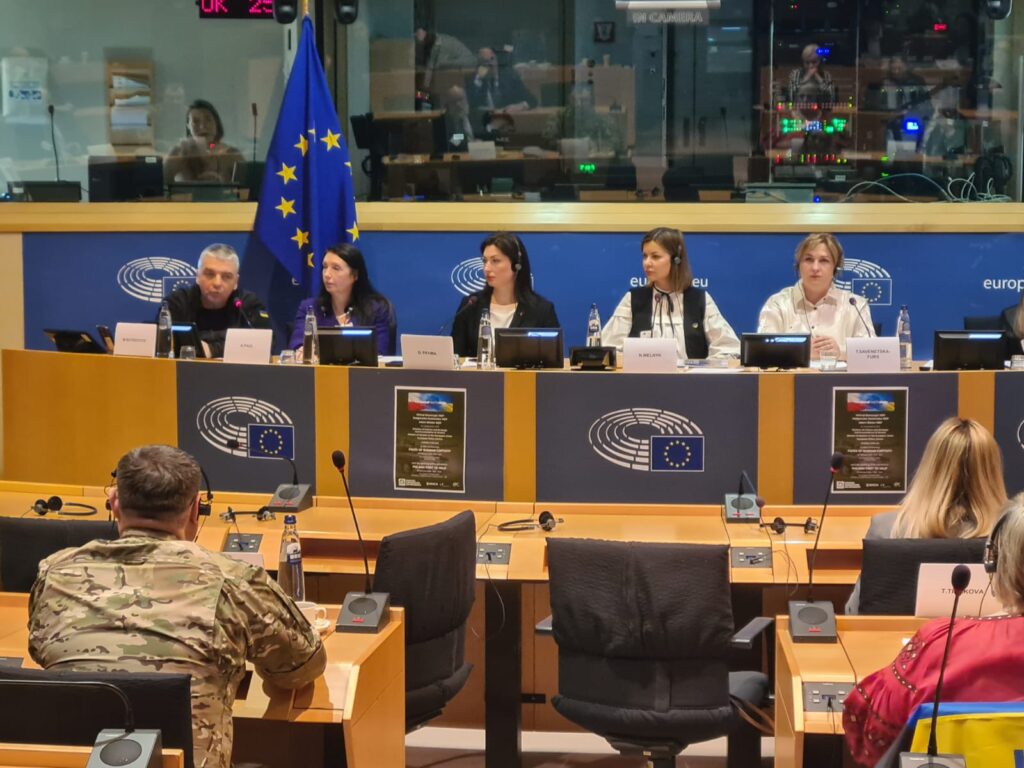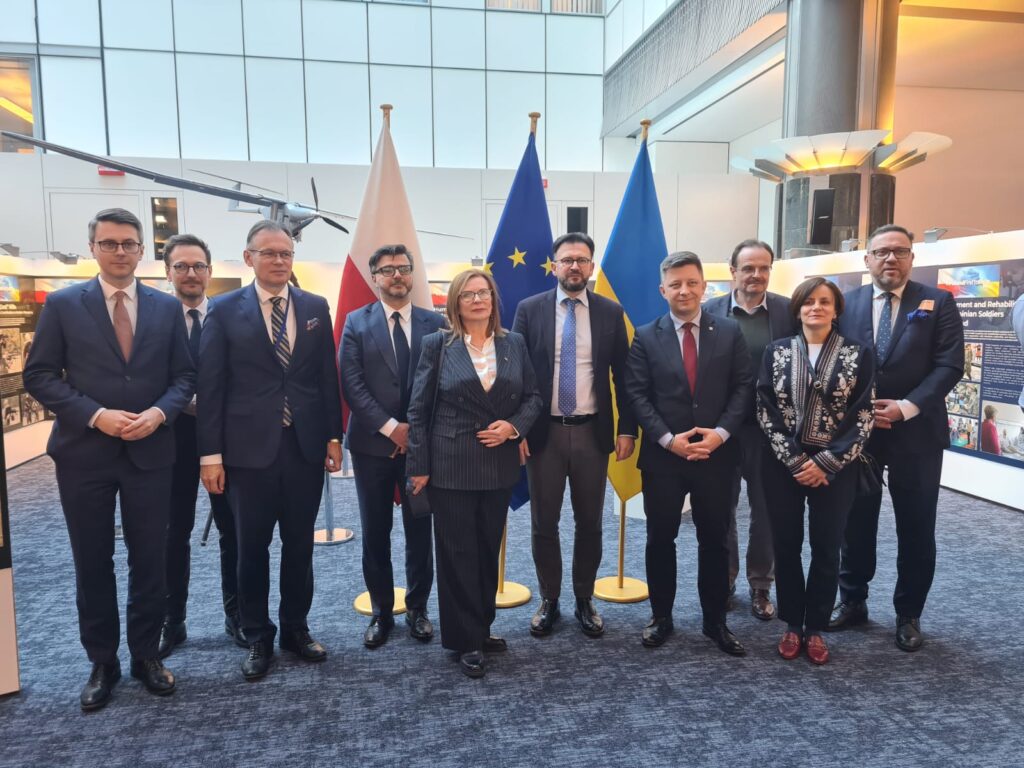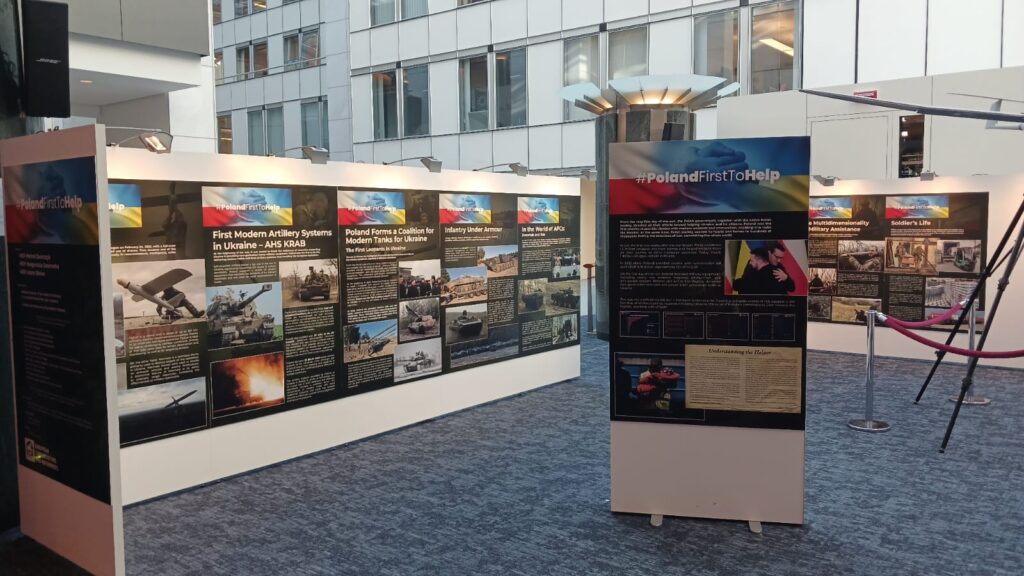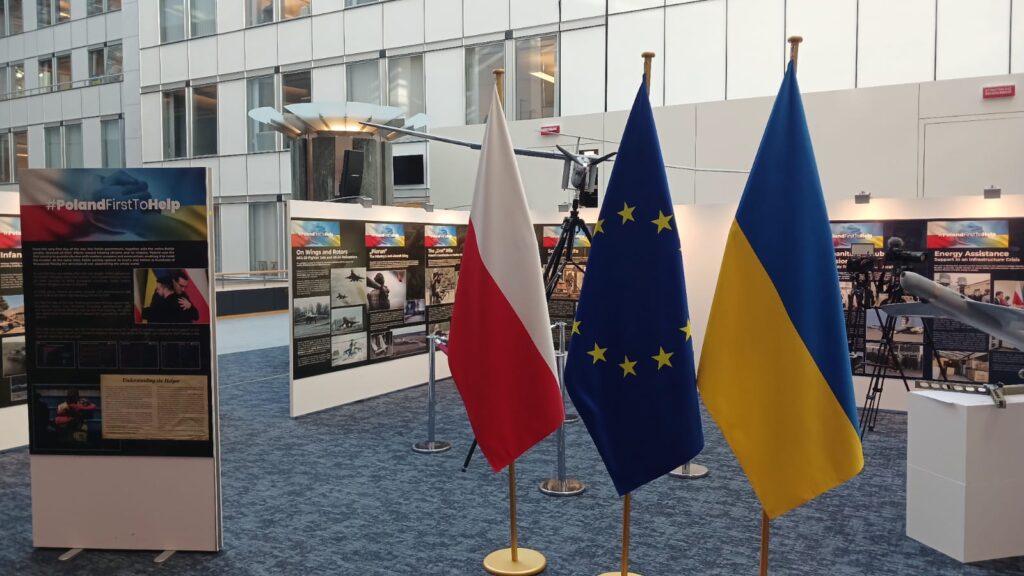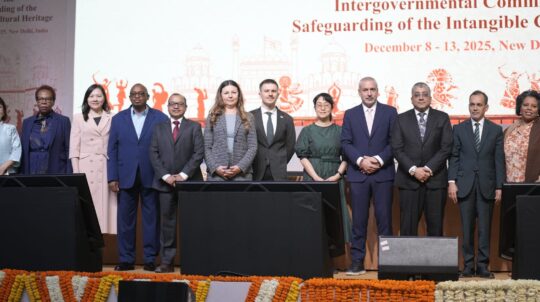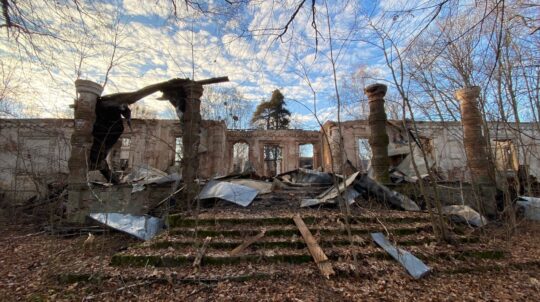On February 18, the European Parliament in Brussels hosted a conference called “Faces of russian Captivity”, organized with the support of Polish Members of the European Parliament. The event aimed to raise awareness of crimes against prisoners of war and artists unlawfully detained by russia, while also highlighting the losses suffered by Ukraine’s cultural and media sectors.
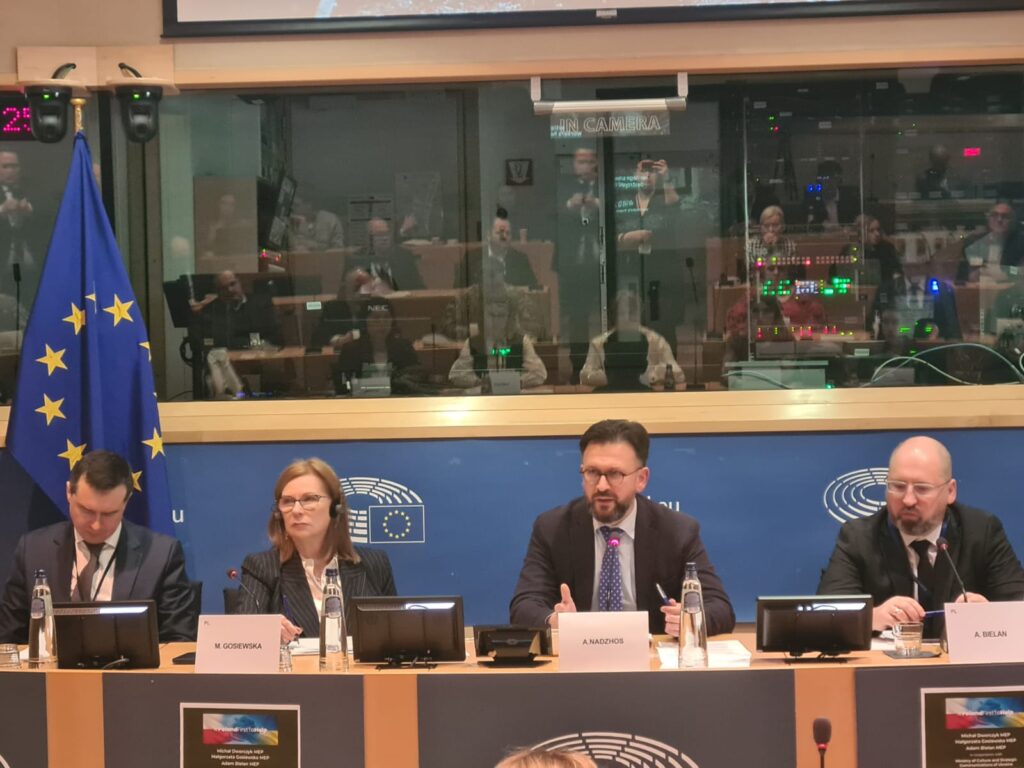
“Our commitment to staying a nation and preserving our history, culture, and homeland has resulted in Ukrainians suffering inhumane torture from russia. The war has taken the lives of 149 Ukrainian artists and 97 media professionals. Just as the Stalinist regime wiped out a generation of Ukrainian artists in the 1920s and 1930s, russia is now deliberately erasing our culture and voice”, said Andrii Nadzhos, Deputy Minister of Culture and Strategic Communications for European Integration.
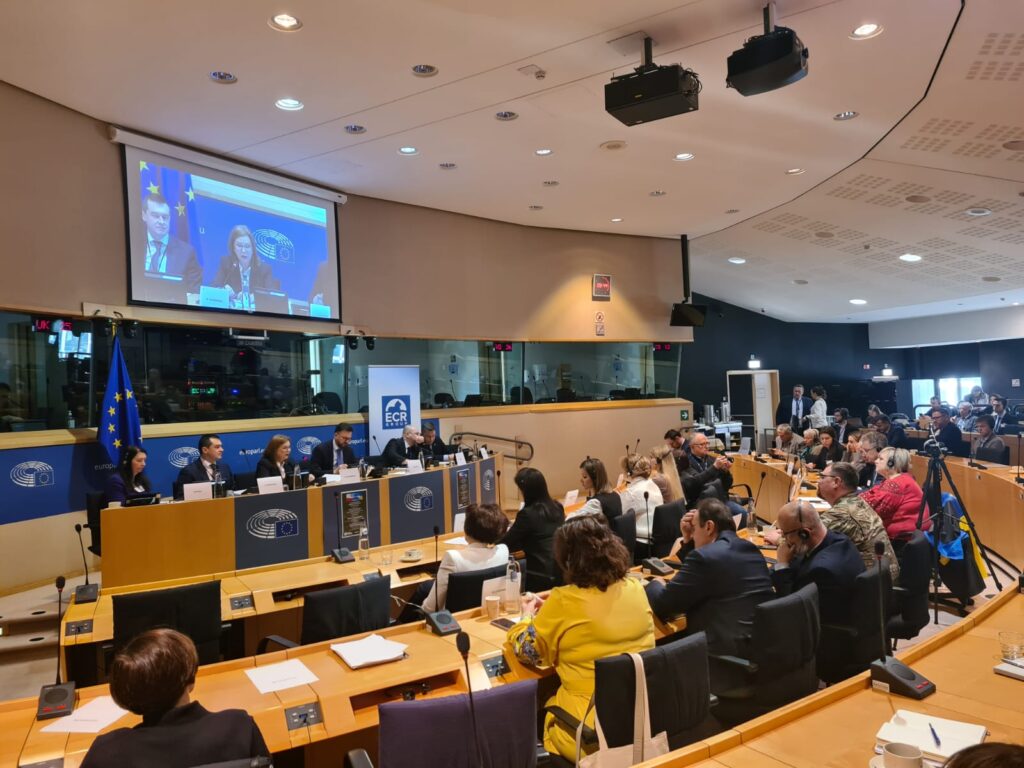
He noted that the war in Ukraine has led to the deaths of not only Ukrainian journalists but also seven foreign media professionals. Currently, 112 Ukrainian journalists are in captivity, with 30 still imprisoned. russia’s systematic attacks on artists and media professionals pose a serious threat to information security and undermine democratic values and human rights.
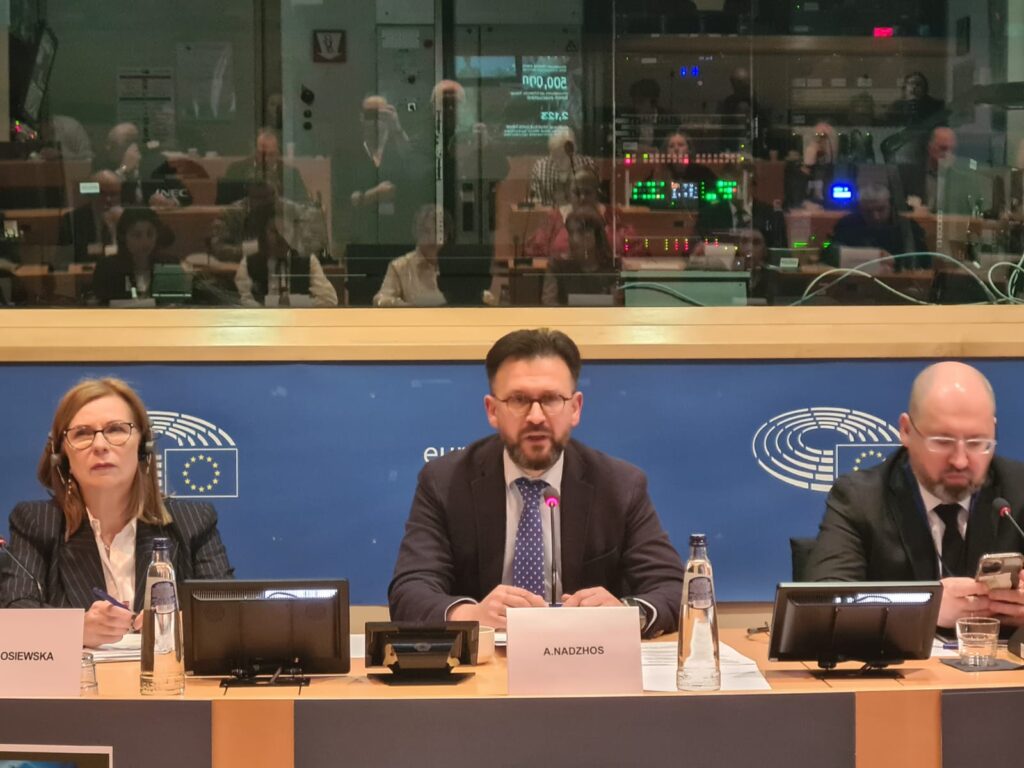
Participants repeatedly highlighted the ongoing violations of the Geneva Conventions and European values by the russian federation, especially concerning the repression of Ukrainian artists and journalists.
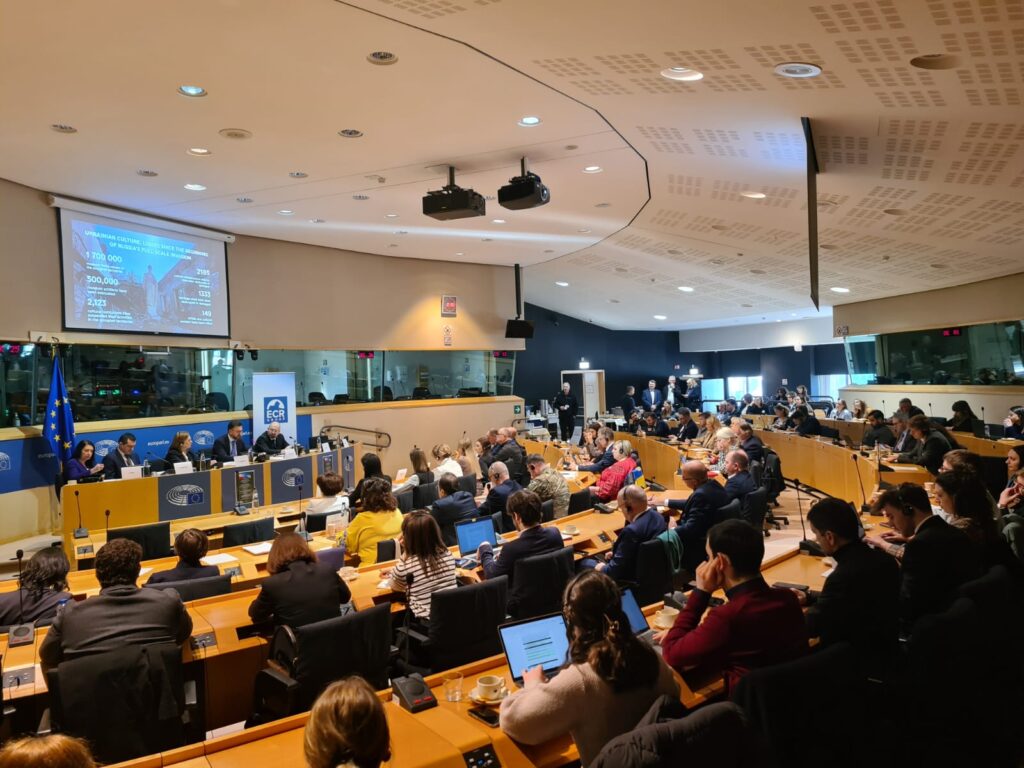
The fate of the captured defenders of Mariupol is particularly tragic, including members of military orchestras who helped maintain national spirit and boost morale during the city’s blockade in 2022. Currently, 30 Ukrainian musicians are in captivity, with 21 held in temporarily occupied territories. Among them are international competition winners, composers, conductors, and talented vocalists.
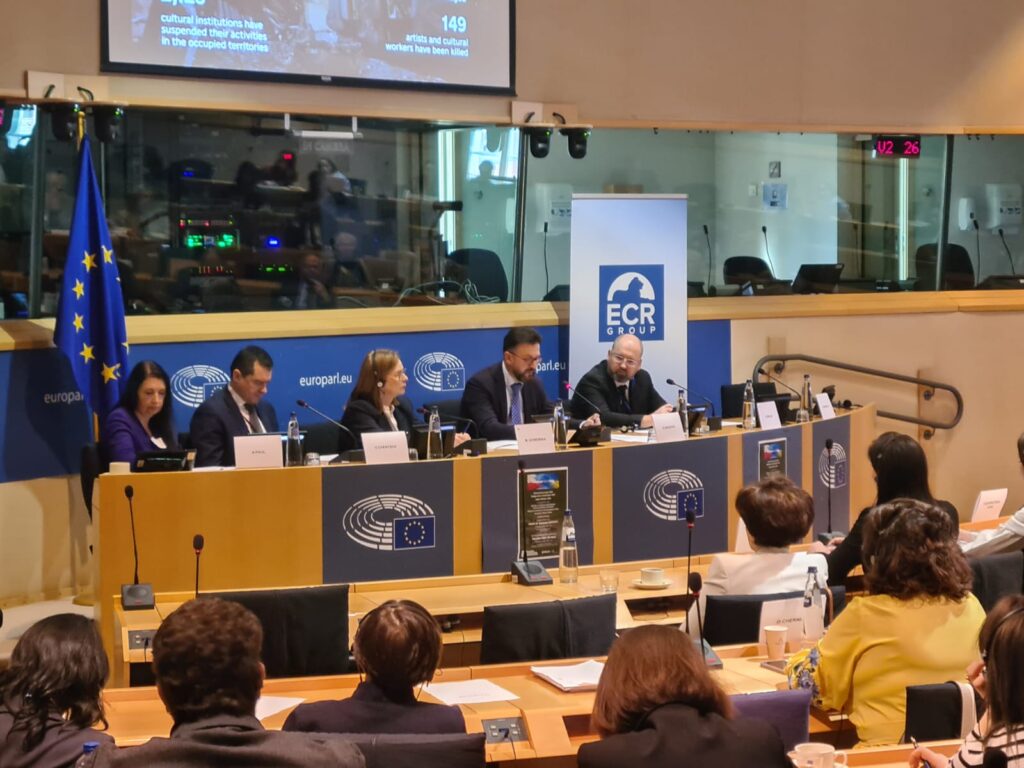
In his speech, Andrii Nadzhos called on his European colleagues to keep supporting efforts to free Ukrainian artists, emphasizing their important role in representing national identity and culture.
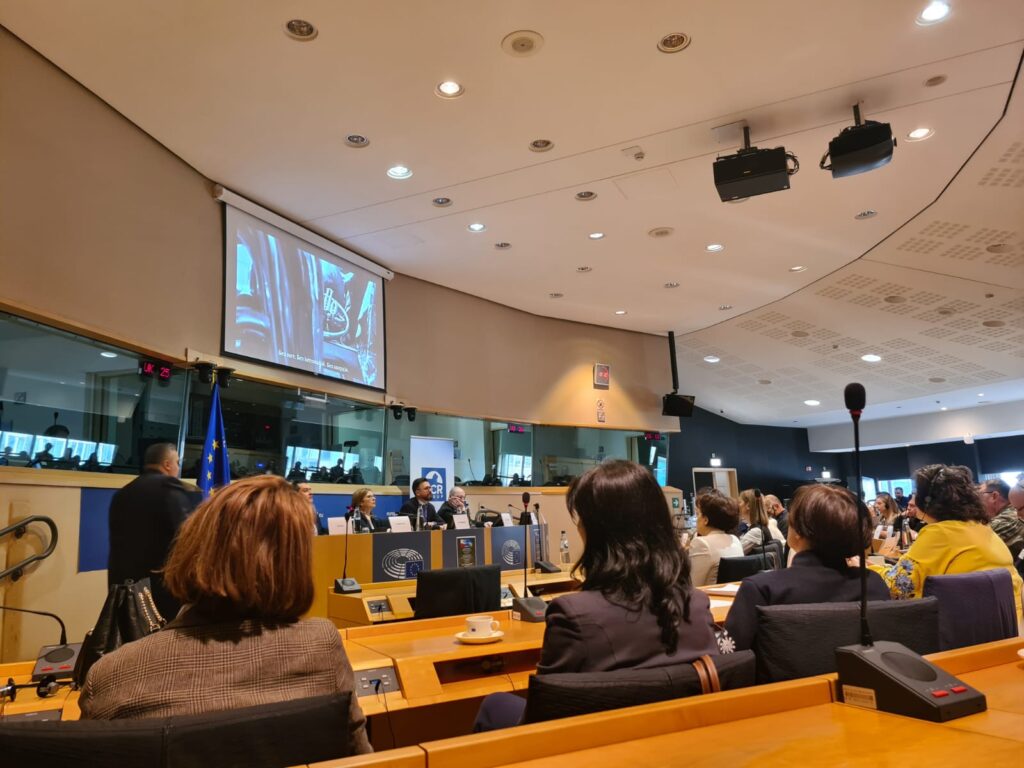
The conference panels addressed human rights violations, presented evidence, and discussed international response strategies.
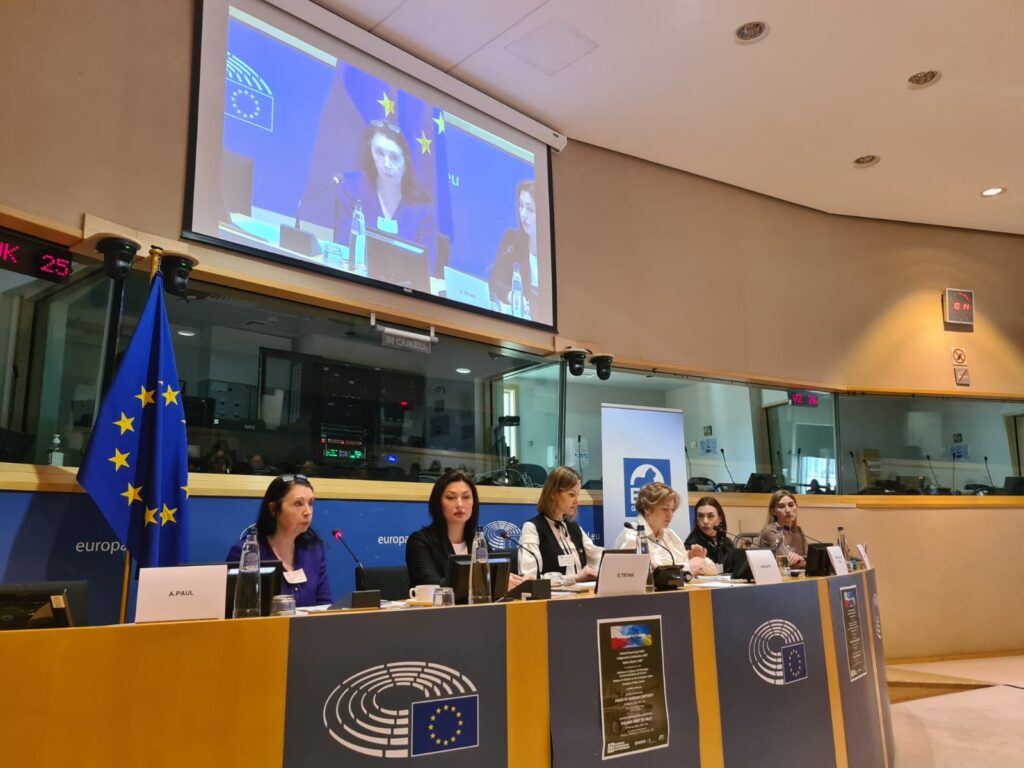
Participants included representatives of the Coordination Headquarters for the Treatment of Prisoners of War, families of captives, and civil society organizations like the NGO “Music in Captivity”.
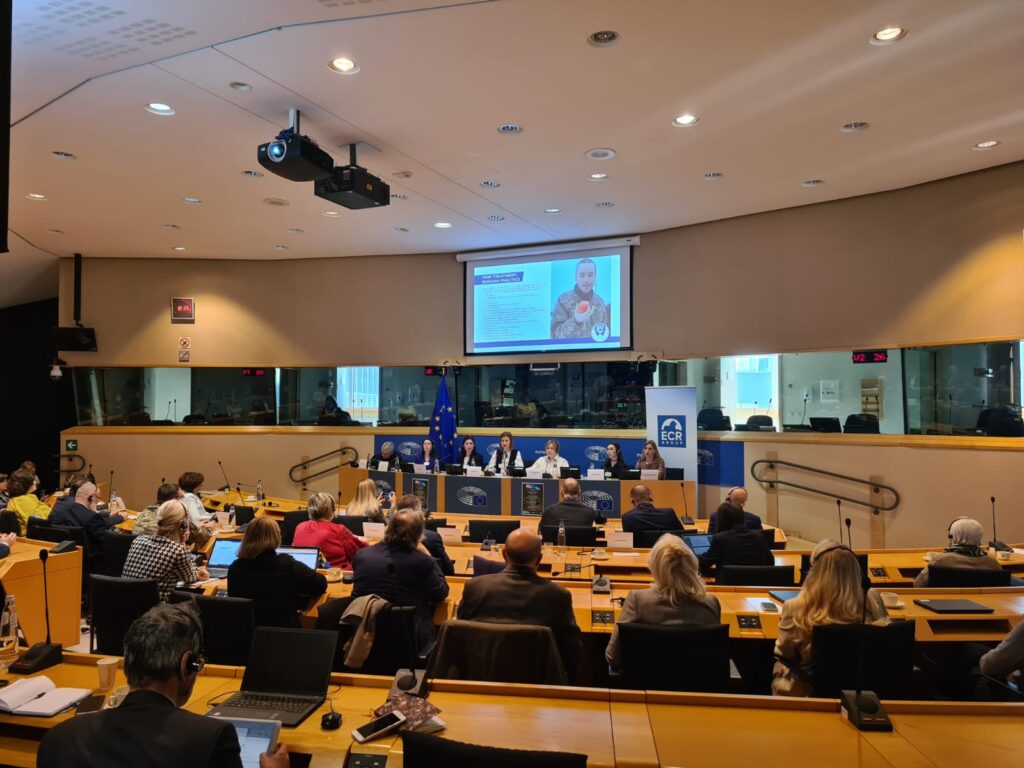
Diana Tryma, Director of the Department for the Restoration and Cultural Reintegration of De-Occupied Territories, shared her experience. She spoke about leading Mariupol’s culture department until 2024, directing the Mariupol Chamber Orchestra, founding the Mariupol Philharmonic, and surviving the city’s blockade from February 22 to March 15, 2022.
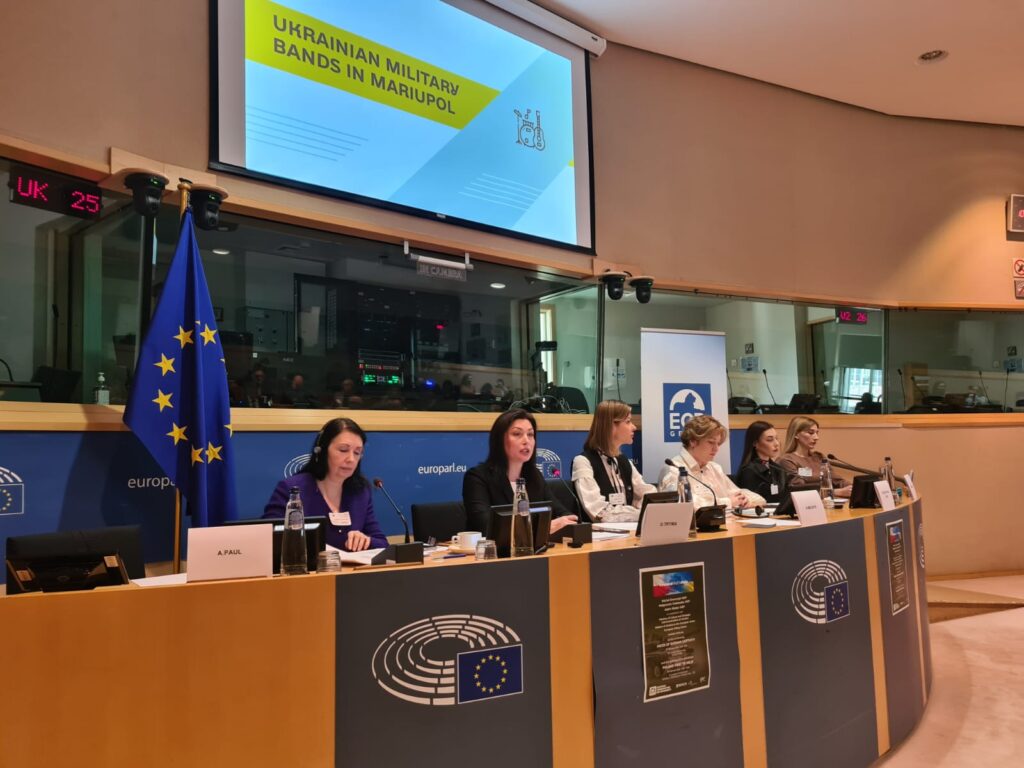
At the conference’s close, participants expressed solidarity with war crime victims and reaffirmed their commitment to defending the rights of Ukrainian captives, artists, and journalists.
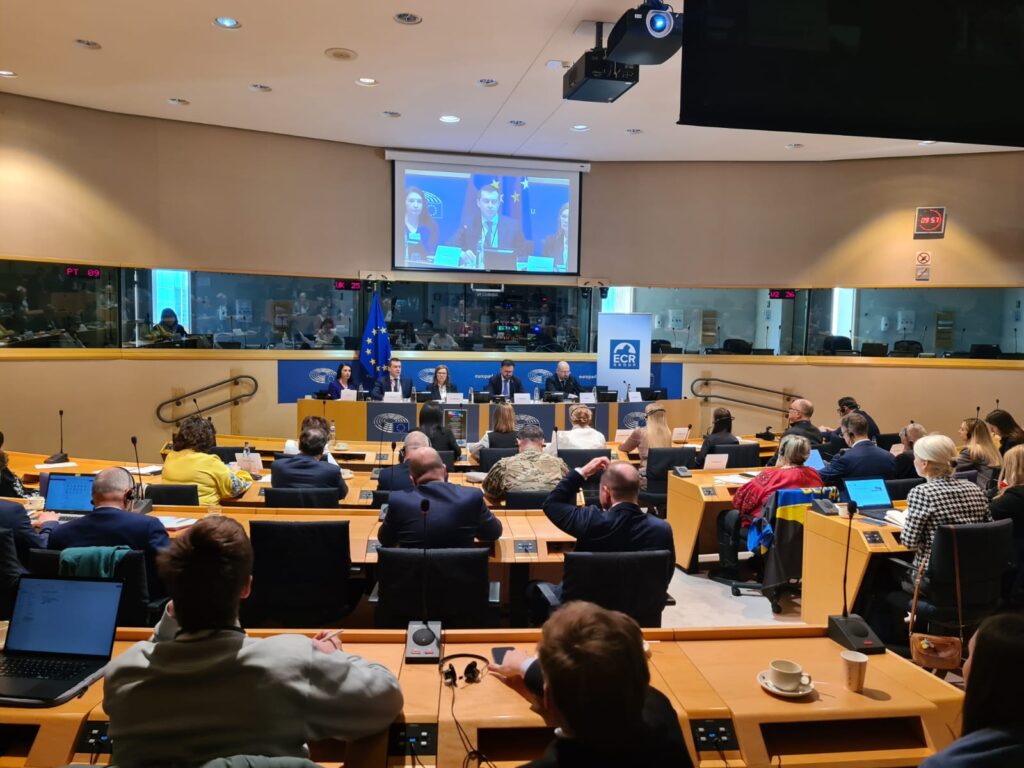
The European Parliament also opened the exhibition “Poland First to Help”, showcasing Poland’s crucial support for Ukraine, especially in the early days of the full-scale invasion.
